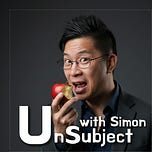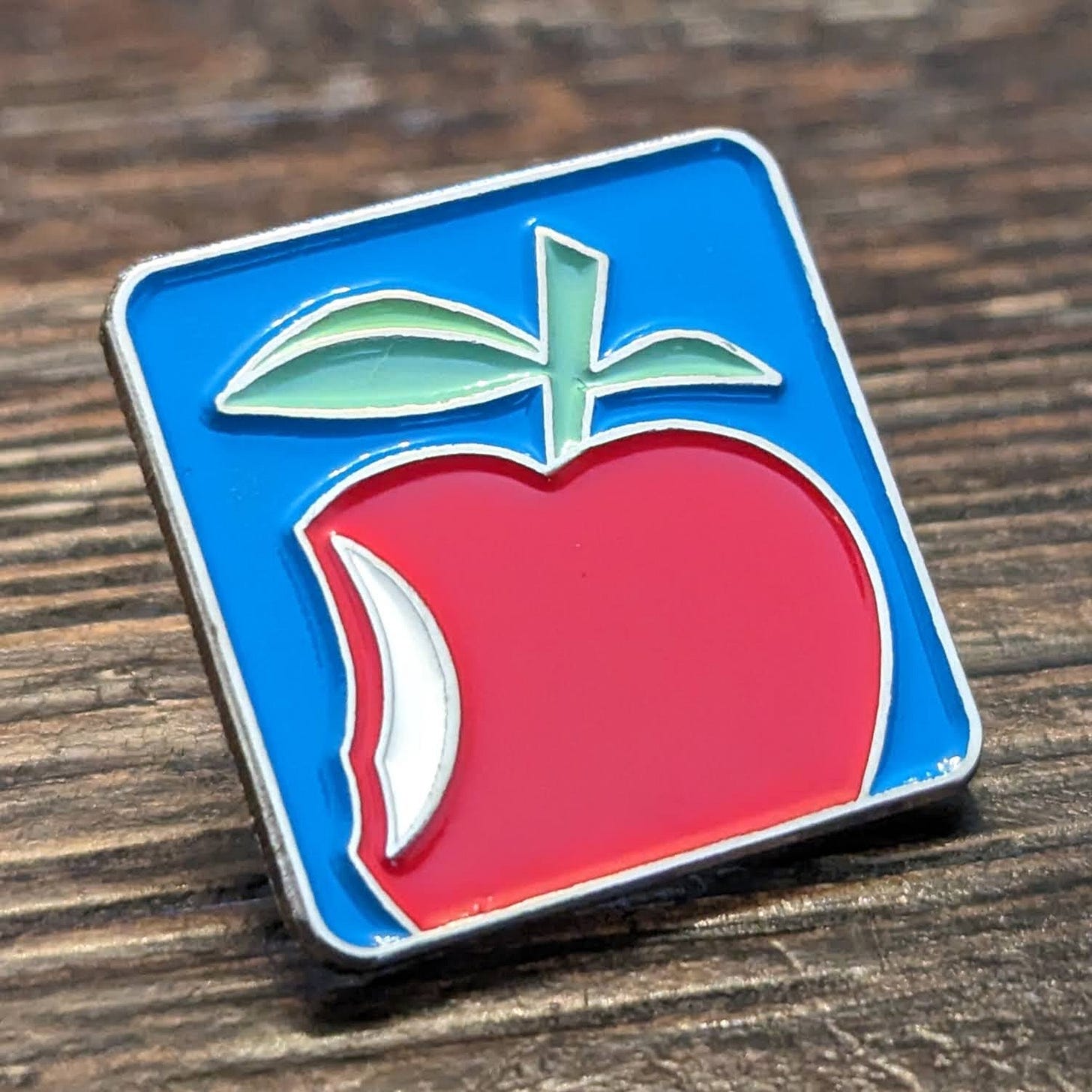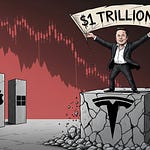If you're interested in a success story about the subscription economy, look no further than Apple Daily.
We launched our subscription model in 2019, and within just three months, we skyrocketed from zero to nearly 800,000 subscribers. For context, it took the New York Times almost five years to reach one million paid subscribers.
When we started Apple Daily in 1995, we soon adopted a hybrid model—Hong Kong's best-selling newspaper, with the city’s busiest website.
However, 2014 proved to be a critical year for us. Online advertising revenue began to decline, largely due to competition from social media. Our print business struggled, and it became clear that advertising was no longer a viable business model for us.
Apple Daily needed to transform.
I had discussed the potential of transforming the organization with Jimmy Lai since late 2016. But it wasn't until 2018 that I was brought in again to explore a subscription-based model.
We knew we would no longer be selling "paper," as such transactional models were becoming obsolete. However, we had no clue how to generate revenue from subscriptions.
In the subscription economy, everyone claims to focus on customers rather than products. But what do Netflix and Spotify sell besides movies and music? Aren't those products too?
Apple Daily had a clear advantage, one that even Netflix and Spotify didn't possess: we defined and drove Hong Kong's culture. We had lasting relationships with our customers that no one else had.
I insisted that we call our customers "members" instead of "subscribers." We were not only building a business but also a community of Hong Kong people. Our vision was to transform ourselves into a platform from which other content and service providers could benefit due to our massive reach.
However, this vision diverged significantly from our origins as a newspaper company. I faced considerable internal resistance, with many colleagues questioning why a news organization needed a department for events or services. Fast-forwarding a few years, I could have told my colleagues that our vision resembled Patreon or Substack.
Transitioning from a product-centric to a customer-centric mindset is challenging, especially for a news organization with many strong egos. We were aware of potential issues and risks, such as subscription fatigue. It wasn't an easy exercise. To this day, no other media organization in Hong Kong has taken the risk of overhauling its media business into a subscription model, besides us.
In hindsight, the subscription model was a natural evolution for us, and we were well-positioned to adopt it. The technology was ready, and consumers were becoming more accustomed to the concept. Most importantly, we were confident that Apple Daily represented the voice of the people. If Apple Daily had survived, we could have united other like-minded Hong Kong people to create a pro-democratic movement harnessing the power of the platform economy.
We might have transformed Hong Kong's public sphere. Perhaps that's why the Hong Kong government went to great lengths to shut us down.
Apple Daily ceased operations on June 24, 2021.
Yet, many Hong Kong people refused to delete the Apple Daily app from their phones, turning it into a symbol of nostalgia, a reminder of what Hong Kong once was.












